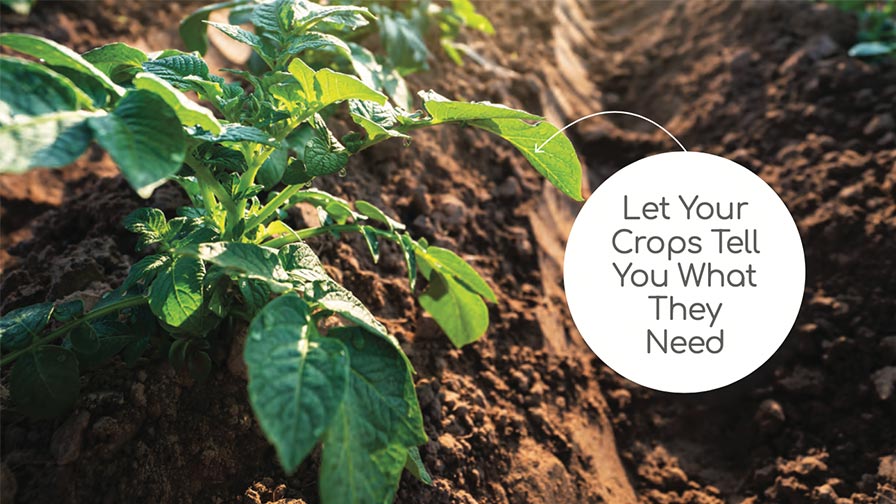Facing the Struggle Together: Supporting Farmers Affected by War
In agriculture, there’s a strong sense of family — not only generationally speaking, which is considerable, but also as an industry. And nothing speaks to family more than supporting one another during times of trouble. That’s the mission behind FARMERHOOD, a charitable project providing aid to small Ukrainian farmers whose livelihoods have been severely affected by the ongoing conflict in the country. Farmers and staff have been called to the front lines. Valuable farmland, facilities and equipment are being lost to artillery, mines, and confiscation from Russian soldiers. Businesses are being devastated.
FARMERHOOD is hoping to financially assist those affected with the principle of “Farmers Helping Farmers.” Its farmer-to-farmer platform facilitates a global network of support for Ukrainian farmers, with international growers, cooperatives, and agricultural businesses providing both financial and moral support for their counterparts in Ukraine.
Aid on a Personal Level
Small-scale Ukrainian farmers are the primary beneficiaries of FARMERHOOD’s efforts. This includes those who farm land ranging from 10 to 500 hectares (approximately 25 to 1,200 acres) and are situated in regions directly affected by the war, including de-occupied areas and a 50-kilometer buffer zone.
FARMERHOOD operates with transparency and compliance, ensuring that only validated farmers who have been vetted through Ukrainian land and legal registers, as well as U.S. sanctions lists, are eligible to receive donations.
To maintain transparency, the organization’s user-friendly digital platform allows donors to identify Ukrainian farmers in need, understand their specific requirements, and directly connect with them. Individual farmers’ stories about how the war directly affects them can be read on the FARMERHOOD website.
Those who donate can contribute to FARMERHOOD’s General Fund, which supports all registered and validated Ukrainian farmers impacted by the war. The donations are then divided into two equal parts, with half allocated to applications that have already received some donations to expedite their completion, and the other half going to applications with no prior contributions. Major donors (those contributing $50,000 or more) can also choose specific product categories or regions to direct their donations.
How Donations are Used
Funds raised through FARMERHOOD are put to various uses essential for farm recovery and sustainability.
- Agro Inputs: This includes the procurement of seeds and crop protection measures to restart farming activities.
- Precision Farming: Funds go toward products and services that help optimize the use of resources, which is particularly important when resources are limited due to war-related disruptions.
- Fuel: Funding is allocated to ensure that field operations can continue without interruption.
- Restoration: Money is directed towards repairing damaged facilities and machinery that are critical for agricultural operations.
- General Expenses: A portion of the grant (up to 30%) may be used to cover needs like rent, salaries, and taxes as farmers recover from financial distress caused by war.
In it Together
FARMERHOOD collaborates with several coalition and foundation partners, including EDA, Syngenta, Kernel, and Feodal, among others.
FARMERHOOD’s humanitarian initiative leverages the collective strength of global farmers to support their counterparts in Ukraine who have been adversely affected by the ongoing conflict with Russia. Through a well-structured system of validation, donation allocation, and partnerships, the project aims to contribute to the restoration and sustainability of Ukraine’s agriculture sector while fostering a sense of international solidarity among farmers.
Visit farmerhood.org for more information.










